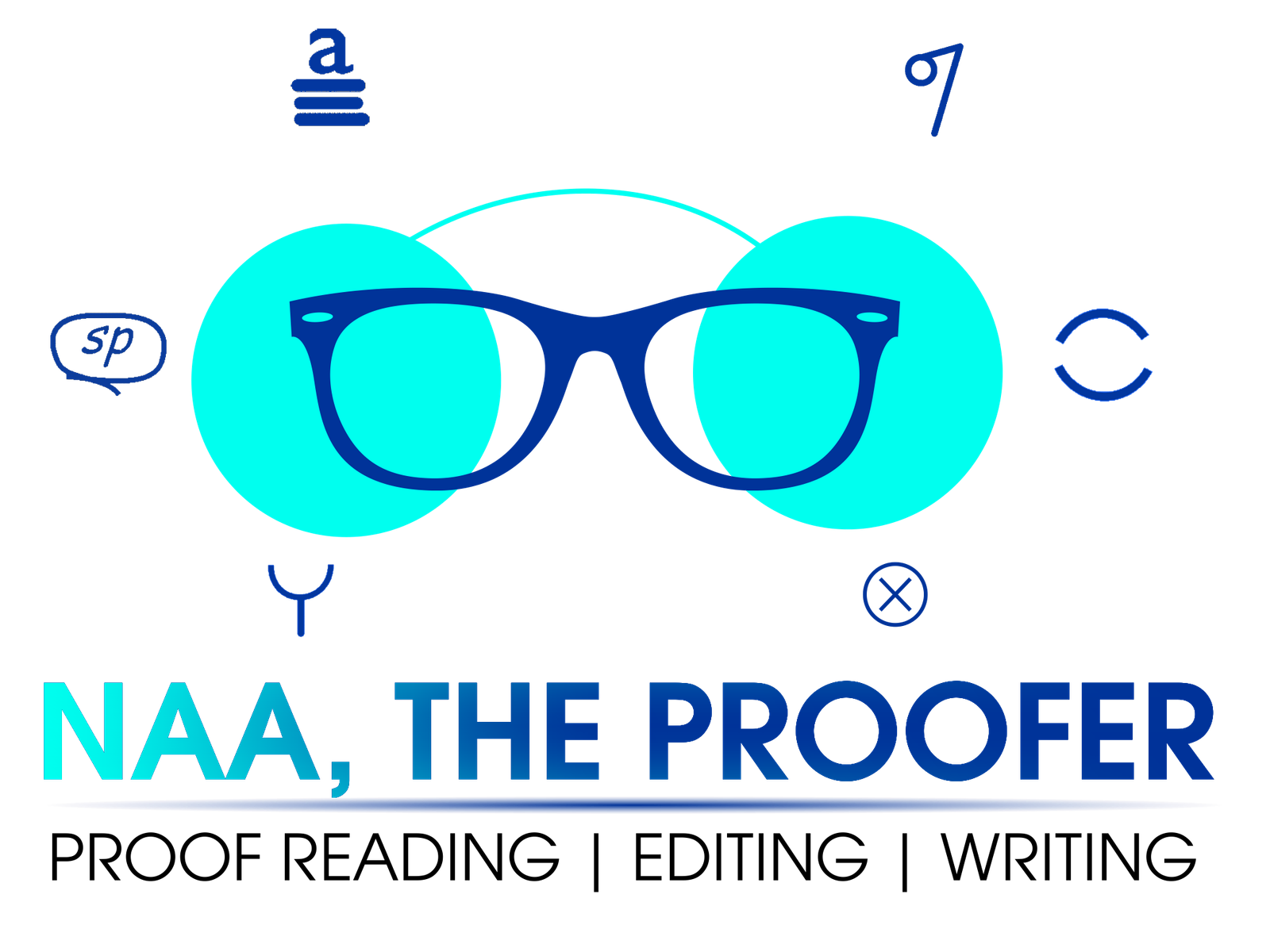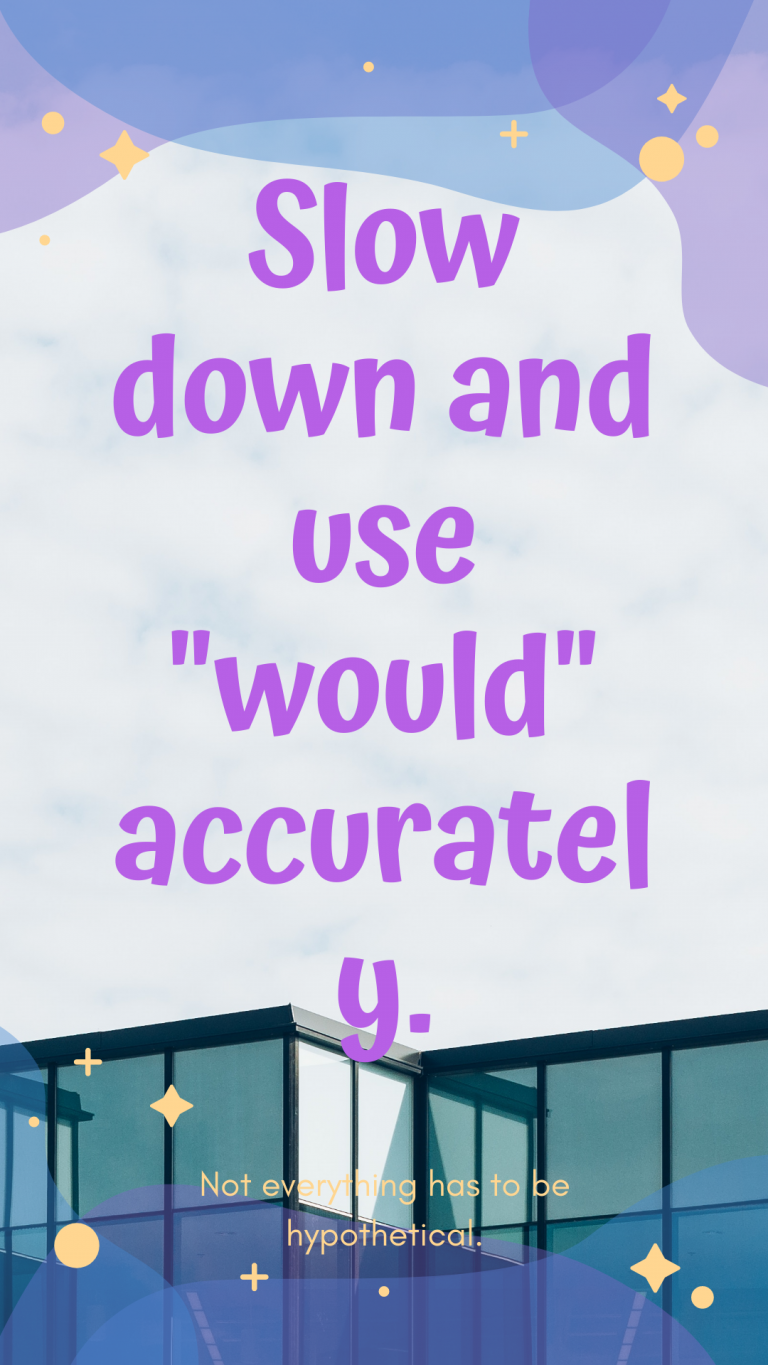HOW DIFFERENT IS YOUR STATEMENT OF PURPOSE FROM YOUR PERSONAL STATEMENT?
Generally, most grad schools require at least either the statement of purpose or the personal statement. It may be true that some institutions use the two interchangeably but a statement of purpose (SOP) is typically about your plans while a personal statement is about your being—who you are. There are specific objectives each essay seeks to achieve for you and the programme you are applying for.
Significantly, your statement of purpose must highlight your academic background and strengths, your career goals, your research of interest and how it suits the programme you are applying for. On the other hand, your personal statement must focus on what motivated you to apply for the programme, major lifetime accomplishments, as well as challenges you may have overcome. The statement of purpose is usually formal, whereas your personal statement is less formal. Knowing these differences is not enough; you have to know how to approach writing the two essays.
The Statement of Purpose
The overarching purpose of the statement of purpose is to show how you will fit in on campus. You do this by:
- Researching the programme of study and its professors. Though you might have had a cursory look at the programme you wish to study, you need to analyse it so you can write about specific aspects of the programme. These aspects may be the classes you would like to take, the college’s overall goal and its emphasis on certain topics, ideas, the professors you would like to work with, funding opportunities, as well as the unique opportunities it offers its students.
- Proving you are a good match. Graduate schools ensure that not only do their admitted applicants study their choice of programmes, but also fit in the programme’s main focus, as well as fit in the faculty members’ specialised areas. To achieve this, it is imperative that you identify a faculty member whose specialisation aligns with your desired research area and skills. You should also show how the programme fits into your future goals–is it going to make you a better engineer? If so, how? All these should be succintly written.
- Communicating your goals. There is no statement of purpose without a mention of one’s ambitions–whether academic, professional or both. Talk about your goals and how they align with the particular programme you are applying for, as well as, the field you want to enter upon completion of the programme. Add what you hope the programme would do for you, and how this would be achieved. For instance, you can write about how and why you would leave your current industry for a new industry without failing to emphasize on the opportunities that come with the grad programme and how these opportunities prepare you towards achieving your goals.
(Visit us next week for more tips.)

